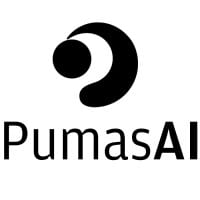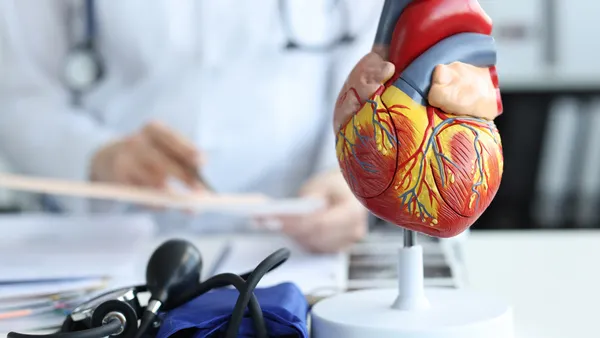Today, a brief rundown of news from Alkermes and the U.S. China Economic and Security Review Commission, as well as updates from Moderna, Vanda Pharmaceuticals, Lifordi Immunotherapeutics and AbbVie that you may have missed.
A bidding war over a sleep drug has escalated, with Alkermes now agreeing to buy Avadel Pharmaceuticals for as much as $22.50 per share. Alkermes’ prior proposal of up to $20 per share was outshone by an unsolicited offer from Lundbeck that went as high as $23 per share. On Monday, Avadel disclosed that its board had determined Lundbeck’s offer was superior, and that Alkermes has five business days to adjust its proposal. Terms of the new Alkermes deal value Avadel at up to approximately $2.37 billion. At the center of this fight is an approved medication for daytime sleepiness that’s used by certain narcolepsy patients. At least one analyst has questioned whether Alkermes should even attempt an offer raise, citing possible commercial challenges in the sleep drug market. — Jacob Bell
A new report shared with U.S. Congress Tuesday warned lawmakers of the impact China's growing influence on U.S. drug development, from supplying active pharmaceutical ingredients and licensing out innovative new therapeutics, to providing contract manufacturing services. The U.S. China Economic and Security Review Commission's report noted how the value of drugs licensed worldwide from China surged to $48 billion last year and those deals "will likely continue" as pharmaceutical companies look to offset the loss of key patents. The U.S. "risks falling behind" without moving quickly to strengthen its advantages in science by boosting its manufacturing capabilities and working to attract entrepreneurs from around the world, the report said. — Ben Fidler
Moderna on Wednesday announced plans to onshore messenger RNA drug production to a facility in Norwood, Massachusetts. The move ensures Moderna can fully produce its mRNA medicines in the U.S. In making its pledge, Moderna has joined other drugmakers, including Eli Lilly, Johnson & Johnson and Roche, that have vowed to boost U.S. drug manufacturing in response to tariff threats from the Trump administration. Construction of the new facility has begun and should be completed by the first half of 2027, the company said.— Delilah Alvarado
The Food and Drug Administration has approved earlier use of AbbVie and Genmab's dual-acting antibody drug in follicular lymphoma. The medicine, Epkinly, was initially granted an accelerated approval in 2024 for patients who'd previously received two lines of therapy. With the clearance issued Tuesday, Epkinly is now the first drug of its kind to be available in the second-line setting. The FDA also converted Epkinly's 2024 approval into a traditional nod, AbbVie said. Epkinly generated $281 million in global sales last year and is also used to treat diffuse large B-cell lymphoma. — Ben Fidler
A group of investors, among them Sanofi, Arch Venture Partners, Atlas Venture and 5AM Ventures, have loaded antibody-drug conjugate developer Lifordi Immunotherapeutics with an additional $42 million in funding, the startup announced Tuesday. Lifordi is making ADCs that target autoimmune disorders, starting with a prospect called LFD-200 that’s expected to produce early-stage results in rheumatoid arthritis by the end of the year. The company first banked $70 million in a Series A round in 2024. — Gwendolyn Wu
An experimental drug from Vanda Pharmaceuticals helped prevent vomiting in patients receiving the obesity drug Wegovy in a mid-stage clinical trial. According to Vanda, only 29% of people who received its therapy, tradipitant, experienced vomiting during the study compared to 58% of the study participants who didn’t. Additionally, 22% of treated patients had either significant nausea or vomited, versus 48% of those in the placebo group. Vanda is evaluating an “efficient development path” and expects to start a Phase 3 trial in the first half of next year that would test whether its drug could improve outcomes in patients on GLP-1 drugs like Wegovy. — Ben Fidler
















